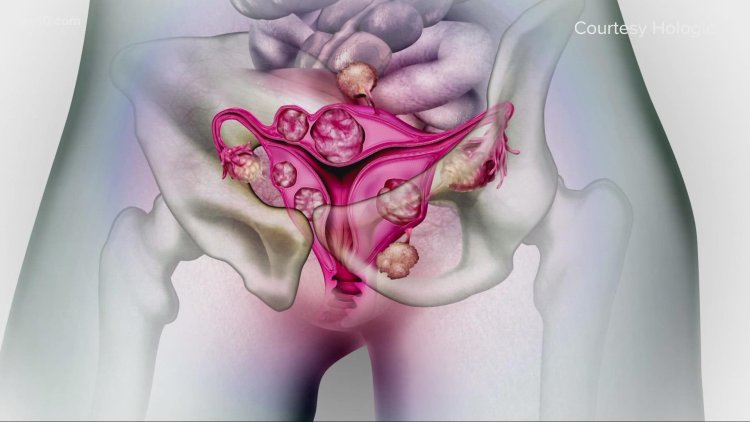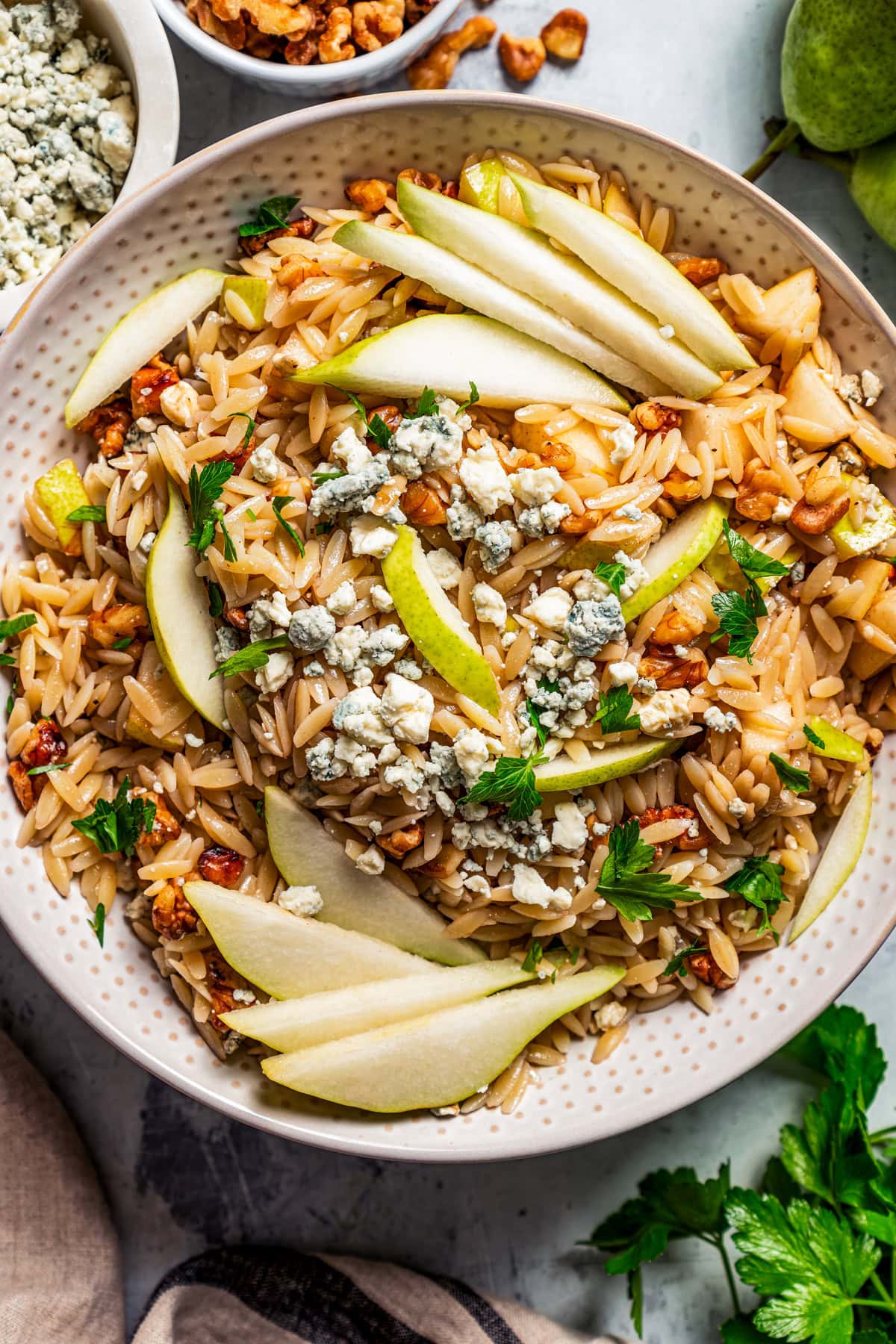10 Herbal Remedies For Fibroids And Cysts You Need To Know
Fibroids can occur anywhere in the muscle wall of the uterus and vary in size from very small (the size of a pea) to quite large (the size of a soccer ball).

What is Fibroid And Cyst ?
fibroid and cyst are two very different growths or lesions that can form in the ovaries of women. A fibroid is a benign tumor that is composed of solid muscle tissue and is a common growth in the uterus. Fibroids can occur anywhere in the muscle wall of the uterus and vary in size from very small (the size of a pea) to quite large (the size of a soccer ball). They can cause a range of different symptoms from heavy bleeding during menstruation to abdominal pain, pressure and urinary incontinence.
A cyst, on the other hand, is a saclike structure that can form in the ovaries and is often filled with a fluid. Ovarian cysts may be harmless in some cases, but other types may require medical attention. Most cysts are benign, meaning they are not cancerous, and they tend to occur in women of reproductive age. Cysts can cause various symptoms such as abdominal bloating, lower abdominal pain and irregular period. Other symptoms may include pain during intercourse, fullness in the abdomen and increased menstrual bleeding.

Although in most cases fibroids and cysts are benign and will not cause any problems, it is important to consult with a doctor to obtain medical advice and obtain the necessary medical treatment if needed. Surgery is the most common treatment for both fibroids and cysts, but medications can also be used as a form of treatment for cysts. Women who experience symptoms such as pelvic pain, pressure or urinary incontinence should see their doctor as soon as possible to get a proper diagnosis and treatment.
10 Causes Of Fibroid And Cyst
Here are 10 of the most common causes of fibroids and cysts:
1. Hormonal Imbalances – Many of the symptoms associated with fibroids and cysts are linked to hormone imbalances. When hormones like estrogen, progesterone, and testosterone become unbalanced, they can cause fibroids and cysts to develop.
2. Poor Diet – A nutrient-poor diet that is high in processed and sugary foods may contribute to the growth of fibroids and cysts. Eating overly processed foods can disrupt hormone balance, which in turn can increase the risk of developing these growths.
3. Overweight or Obesity – Being overweight or obese can increase the risk of uterine fibroids and ovarian cysts. The exact mechanism is unclear, but it is thought that fat cells may produce hormones that contribute to the development of these growths.
4. Lack of Exercise – A sedentary lifestyle can also increase the risk of developing fibroids and cysts. Regular exercise helps to maintain hormonal balance, improves circulation and boosts energy levels, which can help to reduce the risk of these growths.
5. Stress – Stress can have a major impact on the body’s hormone balance, and thus can lead to the development of uterine fibroids and cysts. Stress can also cause the body to produce cortisol, a hormone linked to abdominal fat deposition, which can further increase the risk of developing these growths.
6. Exposure to Environmental Toxins – Exposure to environmental toxins, such as pesticides and herbicides, has been linked to an increased risk of developing fibroids and cysts.
7. Exposure to Radiation – Long-term exposure to radiation, such as x-rays and radiation therapy, is thought to increase the risk of developing ovarian cysts and fibroids.
8. Alcohol and Tobacco Use – Regular alcohol and tobacco use can disrupt the body's hormonal balance, increasing the risk of developing uterine fibroids and cysts.
9. Family History – A family history of fibroids and/or cysts can increase the risk of developing these growths.
10. Genetics – Certain genetic conditions, such as Turner's Syndrome, can also increase the risk of developing fibroids and/or cysts.
Although the exact cause of uterine fibroids and cysts is not yet known, these 10 potential causes are believed to play a role in their development. If you are experiencing any symptoms of fibroids and cysts, be sure to contact your healthcare provider for an evaluation and diagnosis. Knowing what is causing your symptoms is the first step towards finding effective treatment.

Some Symptoms Of Fibroid And Cyst.
The symptoms of cysts and fibroids can vary. These can include:
• Abdominal pain and discomfort
• Painful periods with cramping, bloating, and heavy bleeding
• Pelvic pressure and pain
• Urinary incontinence and frequent urination
• Low back discomfort
• Leg pain
• Pain during intercourse
• Infertility
If you experience any of the above symptoms, you should see your doctor or herbal therapist for an accurate diagnosis.
10 Herbal Remedies For Fibroid And Cyst
Herbal remedies for fibroids and cysts are becoming increasingly popular as more people are looking for natural and effective ways to ease their symptoms. These effective and easy-to-use home-made remedies are a great way to keep the body in balance and reduce pain.
Buy organic herbal remedy for fibroids and cysts from finest herbal shop LLC and wave fibroid goodbye, we have received countless testimonies of the effectiveness of this remedy.

You can also try the remedies below
1. Garlic: Garlic is an ancient remedy that contains antiviral, antifungal, and antibacterial properties. It is effective in protecting and healing the body from infections as well as boosting the immune system. For fibroids and cysts, it can be taken internally or applied topically as a paste on the affected area to reduce inflammation.
2. Apple cider vinegar: Apple cider vinegar is a natural tonic with antifungal, antiviral, and antiseptic properties. It helps boost the body’s immunity and can be taken internally or used topically as a poultice. It is also believed to reduce the size of fibroids and cysts.
3. Dandelion root: Dandelion root is a diuretic, which means it helps the body eliminate waste material from the cells. It also helps to cleanse the liver and kidneys, which can reduce pain and inflammation.
4. Milk thistle: Milk thistle is known to boost the liver’s ability to remove toxins from the body, which can help reduce the pain and inflammation associated with fibroids and cysts.
5. Ginger: Ginger has anti-inflammatory properties that help reduce pain and inflammation caused by fibroids and cysts. It can be taken as a tea or in capsule form as a supplement.
These five home-made herbal remedies are great alternatives to over-the-counter medications. They are all natural, safe, and effective in helping reduce the pain and inflammation associated with fibroids and cysts. For best results, it is recommended to have these remedies part of a regular and balanced diet.
Caution.
When using herbal remedies for fibroid or cyst, the user should be aware of the possible side-effects associated with herbal remedies. Some herbs can be potent and can interact with medications, so it is important to consult a healthcare provider before using an herbal remedy. In addition, herbs may cause allergic reactions in some individuals, so it is important to read the labels carefully and make sure to buy only from trusted sources.

















